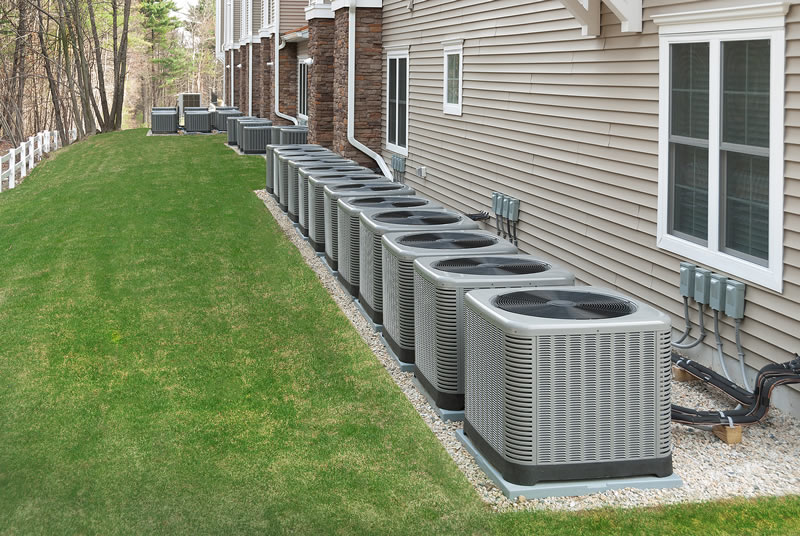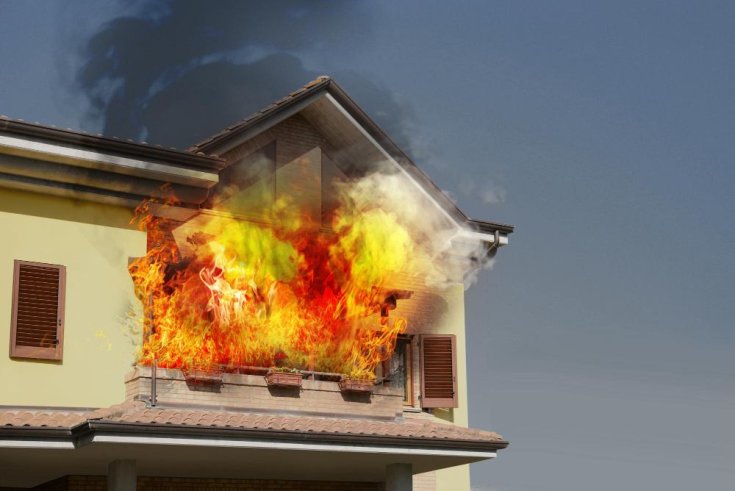404-900-3852
15-45 Minutes Response Time
404-900-3852
15-45 Minutes Response Time
Air conditioners are vital components of modern buildings, ensuring comfort and indoor air quality. However, their operation can sometimes become a catalyst for, or victim of, water damage. In this brief article brought to you by Tidal Wave Restoration, we introduce you to the intricate dance of air conditioners and water damage. We’ll also share some preventative measures and mitigation strategies.


How To Prevent Water Damage from Leaking Appliances Water damage from leaking appliances can wreak…
 December 11,2023
December 11,2023

Precautionary Measures to Prevent a Fire on Your Home Home and business fires are awfully…
 December 06,2023
December 06,2023
If the damage is done and you need a reputable water damage restoration company, then call Tidal Wave Restoration to hire a uniformed professional. Our specialists are on standby if you need emergency water damage cleanup.
Let’s start by exploring the air conditioner as the culprit of water damage. First and foremost: improperly installed HVAC systems can lead to water damage. If the unit is not correctly leveled, for example, or if connections are not sealed tightly, water can accumulate around the unit and seep into the structure.
Then there’s condensation. HVAC systems often involve the cooling of air to remove moisture, causing condensation. The condensate produced is typically drained away. If not properly managed, this condensation can accumulate and lead to water damage. For instance, drain lines blocked by debris or algae growth, water can back up, overflow, and damage both the HVAC system and the surrounding area.
Finally, let’s talk about refrigerants. HVAC systems contain refrigerant lines that can sometimes leak. These leaks may go unnoticed but can cause serious damage, especially when they come into contact with electrical components - causing short circuits, corrosion, or even fire hazards.
HVAC systems can cause water damage, but water damage can also cause trouble for the HVAC system. Water damage in the form of floods, leaks, or burst pipes can wreak havoc on HVAC systems. Submersion or exposure to excessive moisture can lead to electrical and mechanical component failures, rendering the HVAC system inoperable.
On a smaller scale, there’s corrosion – particularly in metallic HVAC components. Corrosion weakens the system's integrity and reduces its efficiency over time. This can require costly repairs or even full system replacements.
Going further, there’s the threat of mold and mildew growth. Moisture from water damage can create ideal conditions for mold and mildew to thrive. These organisms can infiltrate the HVAC system, leading to decreased air quality and potential health risks for occupants.
To avoid the negative consequences of the interplay between HVAC systems and water damage,
As we’ve learned, water damage can be the culprit and the catastrophe. If you are dealing with water damage and need a water damage expert, then call the professionals at Tidal Wave Restoration. Our specialists are on standby if you need urgent water damage removal. We are also happy to schedule a convenient appointment.